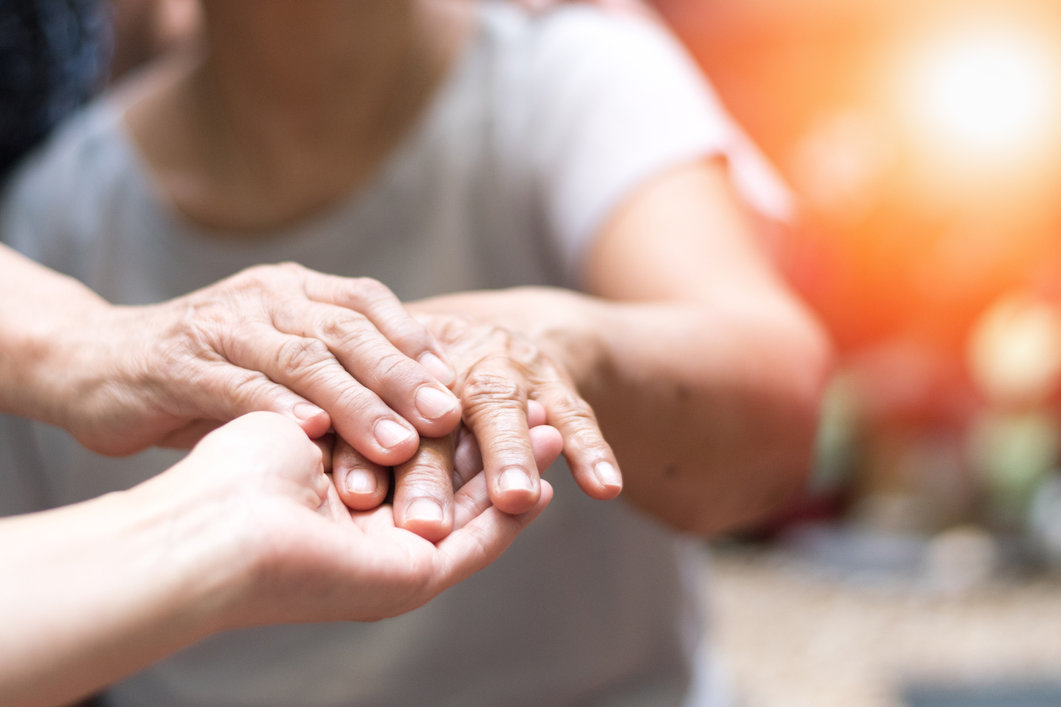Dr Nikhil Sharma
Consultant Neurologist
Specialist expertise: Headache, Migraine, Stroke, Epilepsy, Movement Disorders, Neurology.
Tremors are involuntary, rhythmic muscle contractions leading to shaking movements in one or more parts of the body

There are many causes for tremors and shakes and the fine rippling movements through a muscle called fasciculation. From an orthopaedic point of view, the following categories apply:
Direct compression or trauma of one or more “motor neurones,” the nerves that send messages from the brain to the muscles to make them move, will result in abnormal muscle contractions. If these affect posture and cause us loss of balance, then the subconscious attempts by the brain to regain balance causes an over –correction and ‘the shakes’ are the result. A surgical release can resolve this problem.
The categories are separated into direct trauma to the muscles where a laceration (significant cut) or tearing through the muscle can lead to scarring and permanent damage. Again there are medical problems that specifically affect the muscles including myositis, where the muscles become inflamed, or specific myopathies (weak muscles) of which there are several types that are diseases specifically reducing muscle function.
When we experience pain, two areas of the brain receive the pain message. The front of the brain is the processing area which thinks about the pain, what its cause may be, why it is persisting and what can be done about it. The subconscious part of the brain also receives a pain message and will then send a message back to the muscle. If these pain messages are sent frequently to the subconscious, for example by putting weight through a painful hip, then voluntary control of our muscles becomes impaired. Effectively we consciously want to move, but out subconscious does not want to, to avoid provoking more pain, hence the muscles gets a ‘mixed message’ and the shakes then result.
There are also more medical reasons for developing shakes and tremors:
Currently selected day
Available consultations